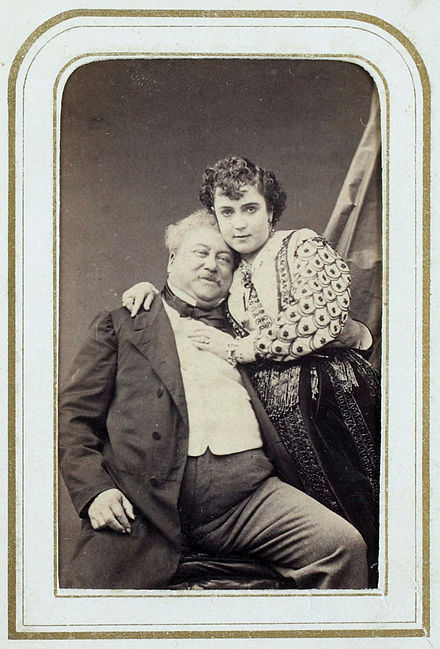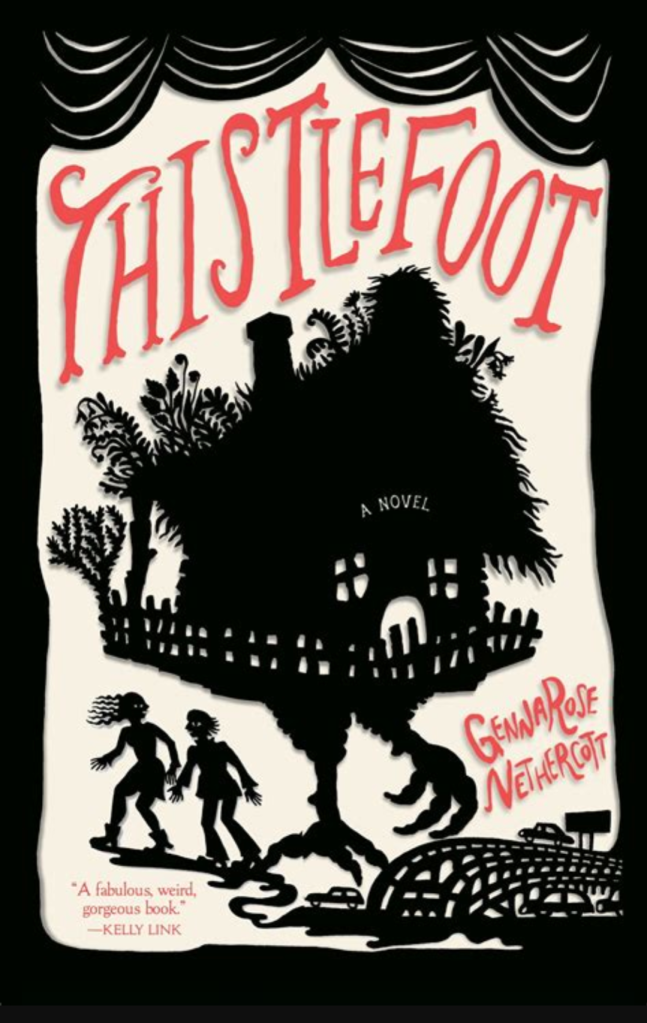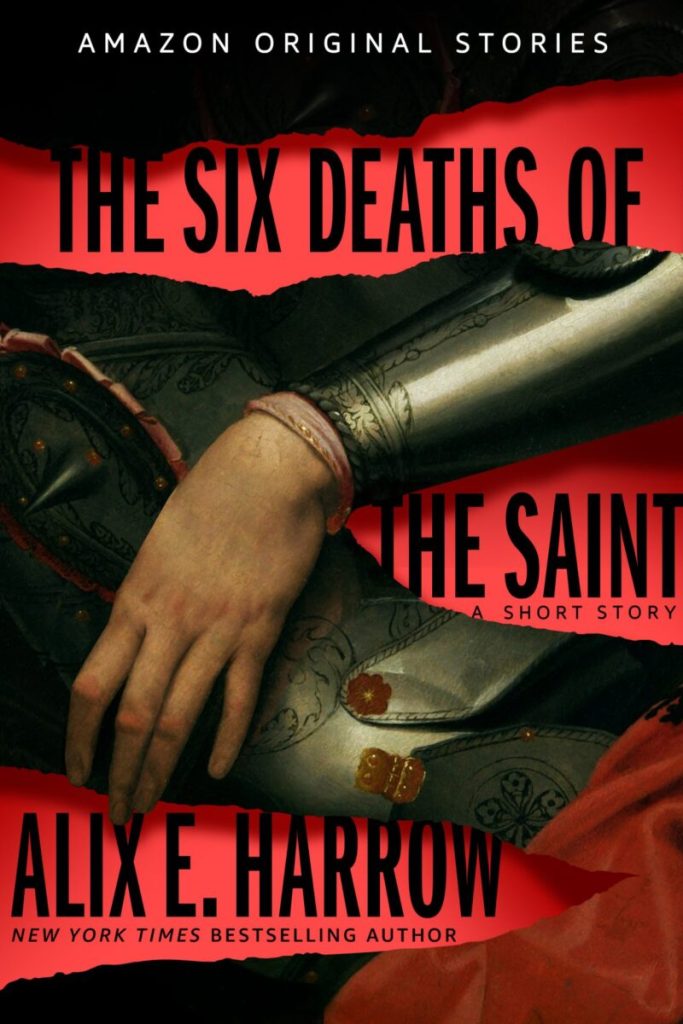Part 2
Alexandre Dumas was a guy™.
Let me elaborate.
Alex, can I call you Alex? I’m gonna. Alex was born Dumas Davy de la Pailleterie in 1802, a French novelist and playwright, who gained seemed to genuinely be living his best life.
His father, Thomas Alexandre Dumas Davy de la Pailleterie was the son of a French Marquis and Haitian slave woman who rose to the rank of general-in-chief, fighting in multiple of the French Revolutionary Wars and invasions into Egypt, Battle of the Pyramids, and more. From extremely humble beginnings, brought to France by his father for education, Thomas Alexandre was considered a paramount of discipline, structure, struggle and reward.
And Alex would have likely hated that I mentioned his dad first, but I needed him for contrast.
Alexandre Dumas was described by English Playwright Watts Phillips as “the most generous, large-hearted being in the world. He also was the most delightfully amusing and egotistical creature on the face of the earth.”
In 1830 Alexandre participated in revolutionary riots that ousted Charles X and installed Louis-Phillipe, the citizen king. This led to huge restrictions being lifted on censorship that really helped the literary movement of the time to freely portray classism in Europe. Alexandre also faced considerable discrimination for his African heritage which he responded to…sharply. Known for wit and being an incoming train of words, he established himself as the progressive paradigm.
Described as loud, talkative, jovial until he wasn’t, Alex’s salons were something of legend. He was a founding member of the Club des Hashischins, a group of prolific writers including Charles Baudelaire and Victor Hugo, who met monthly at a hotel in Paris to take hashish together.
Alex married actress Ida Ferrier in 1840, they had no children together. Alex did have four claimed illegitimate children and 40 known mistresses as part of a publicly open marriage, iconically the prolific Adah Isaacs Menken who was 33 years younger than him which launched her brief writing career though she sadly died young at 33.
He founded a production studio and art collective and remained on the edges of multiple revolutionary movements throughout Europe and Russia, ex-patting to Russia for two years.
Now, the production company is one I’m fond and not fond of because he was at times accused of plagiarism, particularly around elements of the Count of Monte Cristo. Auguste Maquet who was a known collaborator of Dumas’ accused him of plagiarism after Monte Cristo because elements of Monte Cristo were lifted and expanded on from the novel Georges, also by Dumas but which Maquet had contributed to. Maquet was ultimately granted more money by the courts but couldn’t get a by-line.
His works ultimately mean that he wrote over 100,000 pages and there are still lost works which occasionally turn up, he was a powerhouse of getting work done. And then rewarding himself for it.
Which brings us to the Chateau de Monte Cristo in part 3….







You must be logged in to post a comment.